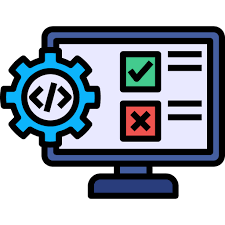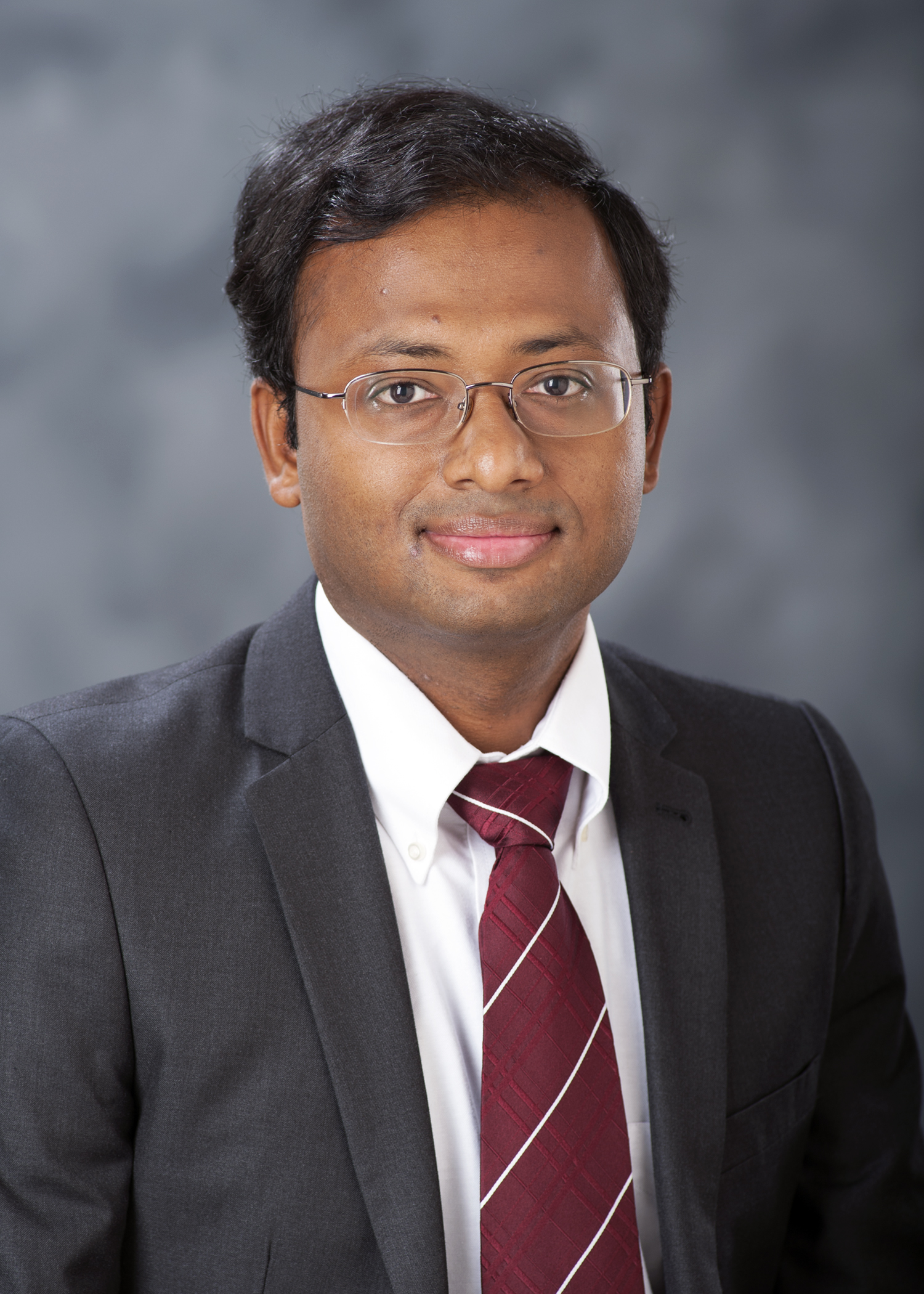Current Research
My current primary research focus is on Requirements Engineering (RE) with three major themes:
- Developing mechanisms to capture and evaluate creative requirements (my CAREER Project)
- Connecting RE to Testing by examining the role of environment assertions in testing activities
- Linking RE with Secure Software Engineering by predicting vulnerabilities for requirements and source code

Developing mechanisms to capture and evaluate creative requirements (my CAREER Project):
It is about developing mechanisms to capture and evaluate creative software requirements. These are the requirements that are new to the project stakeholders but may not be historically new to humankind. An example would be, browsing the internet using a cell phone. When this functionality first emerged, it was a creative requirement in the cell phone domain, but it was a common activity elsewhere, such as PCs. Traditional RE struggles to support creative requirements elicitation. In my research, I am leveraging natural language processing, machine learning, and large language models to solve this problem.
There is another open question in creativity in RE. How do we decide if a given requirement is creative or not? Existing research use Likert-Scale ratings for one, two, or three attributes, such as clarity, novelty, and usefulness. Creativity is a far more complex construct than that. For example, the product development and innovation discipline talk about 27 attributes, that are further grouped into 4 different dimensions. As part of my CAREER project, I am developing a comprehensive framework for evaluating creativity in RE.

Connecting RE to Testing by examining the role of environment assertions in testing activities:
My second research is about bridging RE and testing, also known as RET. I am examining the role of environment assertions in testing activities. Environment assertions are the properties and phenomena in the application environment that are true even if we never build the proposed system. For example, let us consider an appointment scheduling software. An appointment can be scheduled only at a future time. No matter what we use for scheduling, be it a software or a pen and paper, this is always true. The British scientist, Michael Jackson, points out that a great deal of software issues stems from faulty or inaccurate set of assertions. In my research, I have empirically examined the validity of this proposition in the context of software testing. I am also planning an automated support system to capture environment assertions. My NSF core proposal on this topic was rated "competitive" but not funded. I plan to resubmit this proposal after further improvements.

Connecting RE to Testing by examining the role of environment assertions in testing activities:
My second research is about bridging RE and testing, also known as RET. I am examining the role of environment assertions in testing activities. Environment assertions are the properties and phenomena in the application environment that are true even if we never build the proposed system. For example, let us consider an appointment scheduling software. An appointment can be scheduled only at a future time. No matter what we use for scheduling, be it a software or a pen and paper, this is always true. The British scientist, Michael Jackson, points out that a great deal of software issues stems from faulty or inaccurate set of assertions. In my research, I have empirically examined the validity of this proposition in the context of software testing. I am also planning an automated support system to capture environment assertions. My NSF core proposal on this topic was rated "competitive" but not funded. I plan to resubmit this proposal after further improvements.
Current Students
Md Rayhan Amin
Daniel Knight
Daniel Knight
Tahsin Tasnia Khan
M.S. Students
Darryl Lee
Tony Roiz
Jahrell Harris
Graduates
Anh Quoc Do
Kollin Napier
Tobi Lasisi (co-advised with Dr. Cindy Bethel)
M.S. Students
Yashita Sharma
Joshua Church (Thesis)
Austin Reid Thompson (Thesis)
Justin Wagner
Hayden Lam
Daniel Powell
Sayem Imtiaz (Thesis)
Surendra Chekuri (Thesis)
Steven Nalley
Kortney Neil
B.S. Students
Amit Sharma
Navin Acharya


